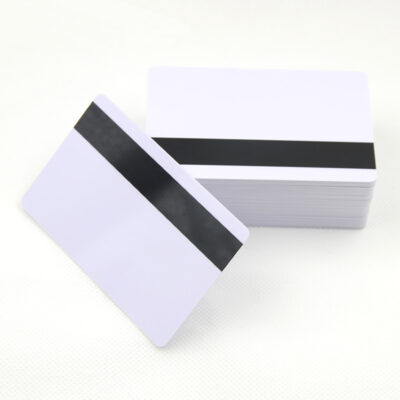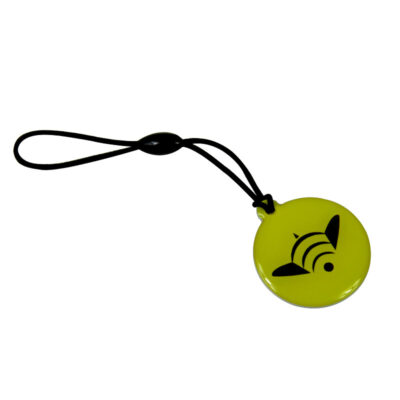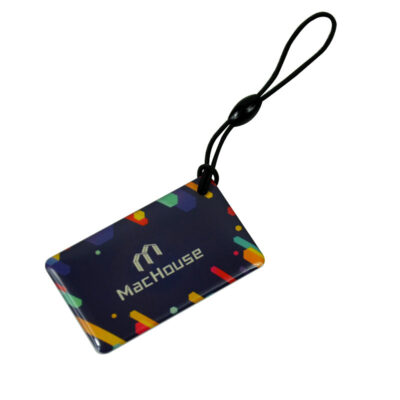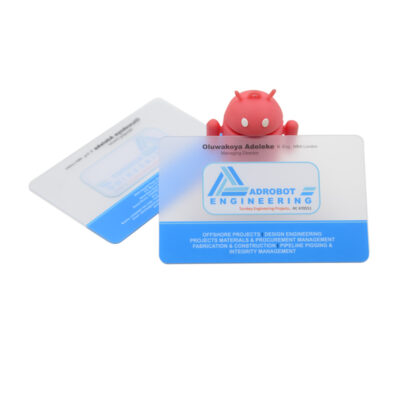The use of loyalty cards has become more common in recent years as businesses seek to create more personalized ways to engage customers. This simple piece of plastic is more valuable than you might first think and can be an important tool in engagement and loyalty building. In this article, we’ll discuss what a loyalty card can do, and why your business should have one.
Loyalty cards serve multiple functions for customers and businesses. From a customer perspective, loyalty cards provide a sense of belonging and exclusivity. Customers with a loyalty card feel special and valued because they have been selected for additional benefits and special treatment. They allow customers to easily identify themselves as part of a particular community and show that they have a relationship with the business. From a business perspective, loyalty cards offer many benefits, including increased customer loyalty, opportunities for personalized marketing, and valuable data collection.
One of the main benefits of loyalty cards is increased customer loyalty. By creating a community around your product or service, you build a sense of belonging and loyalty among your customers. Loyalty cards offer incentivized deals, special discounts, and exclusive content to keep your customers coming back. Loyalty programs can be a powerful tool for customer retention, and membership cards provide an easy way to monitor that retention.
Personalized marketing opportunities are another significant benefit of loyalty cards. By knowing detailed information about your customer base, your business can more effectively target and tailor your marketing approach. With loyalty cards, you can track your customers’ spending habits, demographics, purchase data, and other customer data, which allows you to create tailored marketing programs that resonate with your customers. These moves ultimately lead to more engaged and loyal customers.
Loyalty cards also facilitate data collection, providing businesses with valuable insights into their customer base. By requiring personalized information when customers apply for a loyalty card, merchants can effectively track buying habits, preferences, interests, and more. This data can be used to inform future marketing plans and product offerings, helping businesses keep track of emerging trends in customer behavior.
Finally, it’s worth noting that making a loyalty card is easy and cost-effective. With the advancement of modern technology, printing and personalization of plastic cards, making cards with unique designs and personal numbers can be done in-house or outsourced to specialist suppliers. This means that even small businesses can take advantage of the benefits of a loyalty card.
In short, the role of membership cards should not be underestimated. These little pieces of plastic have enormous value in building customer loyalty and engagement. Through incentivized transactions and personalized marketing programs, loyalty cards create a sense of exclusivity and belonging, while providing businesses with valuable customer data. If you haven’t done so already, consider creating a loyalty card as a tool for building closer engagement with your customers.





